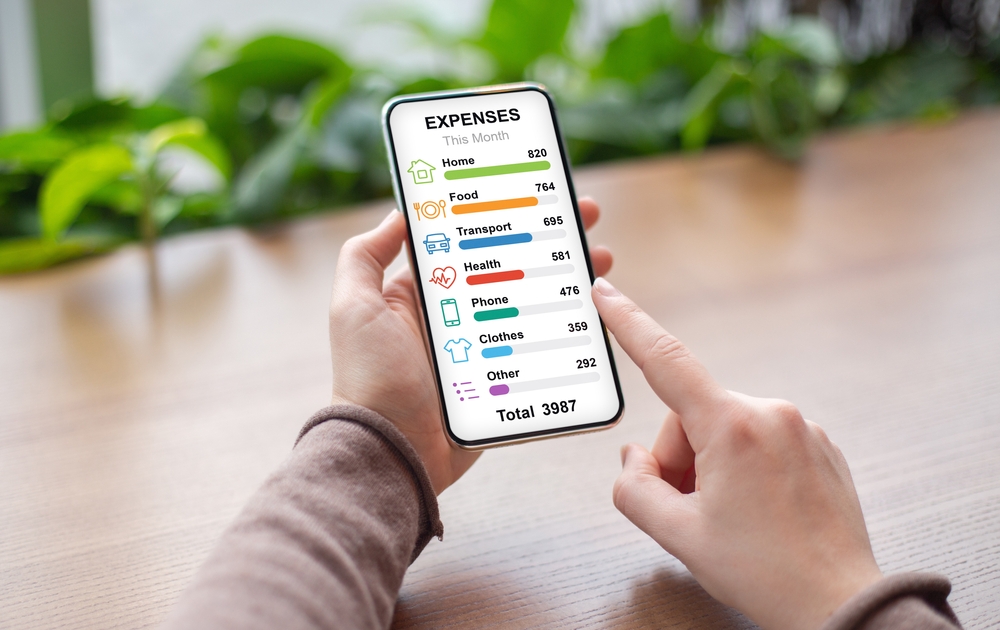Common Features of Budgeting Software
Budgeting software has become an indispensable tool for personal and business financial management. Here are some common features you can expect:
- Expense Tracking: Automatically track and categorize your expenses to see where your money is going.
- Income Tracking: Monitor all your income sources in one place.
- Budget Creation: Create and customize budgets based on your financial goals and spending habits.
- Financial Reporting: Generate detailed reports and charts to visualize your financial health.
- Goal Setting: Set financial goals and track your progress towards achieving them.
- Alerts and Reminders: Receive notifications for bill payments, budget limits, and other financial activities.
- Synchronization: Sync your financial data across multiple devices for up-to-date information.
- Security: Protect your data with encryption and other security measures to ensure privacy.

Benefits of Budgeting Regularly
Regular budgeting offers numerous advantages that can significantly improve your financial well-being:
- Financial Awareness: Gain a clear understanding of your financial situation, including income, expenses, and savings.
- Debt Management: Create strategies to pay off debts more efficiently.
- Savings Growth: Identify opportunities to save money and allocate funds towards savings goals.
- Expense Control: Avoid overspending by setting and adhering to budget limits.
- Stress Reduction: Reduce financial stress by having a clear plan and control over your finances.
- Improved Financial Planning: Make informed decisions about investments, large purchases, and other financial commitments.
Budgeting Strategies
Effective budgeting requires a strategic approach. Here are some popular budgeting strategies:
- Zero-Based Budgeting: Allocate every dollar of your income to expenses, savings, or debt repayment, ensuring that your income minus expenses equals zero.
- 50/30/20 Rule: Divide your after-tax income into three categories: 50% for needs, 30% for wants, and 20% for savings and debt repayment.
- Envelope System: Use physical or digital envelopes to allocate cash for different spending categories.
- Pay Yourself First: Prioritize saving by setting aside a predetermined amount from each paycheck before paying bills or spending on discretionary items.
- Line-Item Budgeting: Detail every single expense and categorize them to track exactly where your money goes.
Popular Budgeting Software
Several budgeting software options cater to different needs and preferences. Here are some top players in the market:
- Mint: Known for its user-friendly interface and comprehensive features, Mint offers free budgeting tools, credit score monitoring, and bill tracking.
- YNAB (You Need a Budget): YNAB focuses on zero-based budgeting and offers robust educational resources. It requires a subscription but provides a 34-day free trial.
- Personal Capital: Combines budgeting with investment tracking, offering tools to manage both personal finances and investments. Personal Capital offers a free version with basic features and a premium advisory service.
- EveryDollar: Created by financial guru Dave Ramsey, EveryDollar uses the zero-based budgeting method. The basic version is free, while EveryDollar Plus offers additional features for a fee.
- PocketGuard: Simplifies budgeting by showing how much disposable income you have after accounting for bills and savings goals. It offers a free basic version and a premium subscription for more features.
Current Promotions and Offers
Many budgeting software providers offer promotions and discounts:
- Mint: Free to use with optional premium features available at a cost.
- YNAB: 34-day free trial, followed by a subscription fee of $14.99 per month or $98.99 per year.
- Personal Capital: Free basic version, with fees for premium advisory services based on asset management.
- EveryDollar: Free basic version; EveryDollar Plus offers a 14-day free trial, then $129.99 per year.
- PocketGuard: Free basic version, with PocketGuard Plus available for $4.99 per month or $34.99 per year.
In conclusion, budgeting software can significantly enhance your financial management by providing essential tools and insights. Regular budgeting, paired with effective strategies, can lead to greater financial stability and success. With various options available, it's easier than ever to find the right budgeting software to meet your needs. Take advantage of current offers to get started on your path to better financial health.